Orton-Gillingham
At The Reading Center, we use the Orton-Gillingham Approach which is grounded in scientifically-based research and recognized throughout the scientific reading research community as a useful, effective intervention. Our 45 highly trained educational therapists help over 450 students per year. Both our adult education training program and our tutoring program are accredited by the Academy of Orton-Gillingham Practitioners and Educators and the International Dyslexia Association. We are one of only two agencies west of the Mississippi with that distinction! We currently have 3 Fellows of the Academy working in our programs.
Does Orton-Gillingham Work?
In 1997 the National Institute of Child Health and Human Development convened the National Reading Panel to systematically study reading research. The panel found that effective instructional programs developed skills in five areas: phonemic awareness, phonics, vocabulary development, comprehension, and oral reading, taught in a structured and systematic way. Children need to break words into distinct sounds and blend them back together. They need to learn spelling, oral reading, and comprehension skills to ensure that they are not just reading a series of sounds. This intensively phonetic instruction is not generally utilized in most schools.
In 2001 Schwab Learning published a list of 13 reading programs that incorporate all of the essential teaching elements. The Orton-Gillingham (OG) approach was one, with five of the others considered spin-offs of OG. The Reading Center’s tutors have received extensive training in OG, and are observed and mentored regularly to ensure that their teaching includes all of the elements of the model.
The Reading Center is most often contacted when a child is not doing well in school or an adult is struggling in his or her career. We evaluate each child or adult seeking help through a battery of nationally used standardized tests to pinpoint their educational needs. Then the parents and student meet with the tester to discuss the child’s language difficulty and develop an individualized plan for learning.

